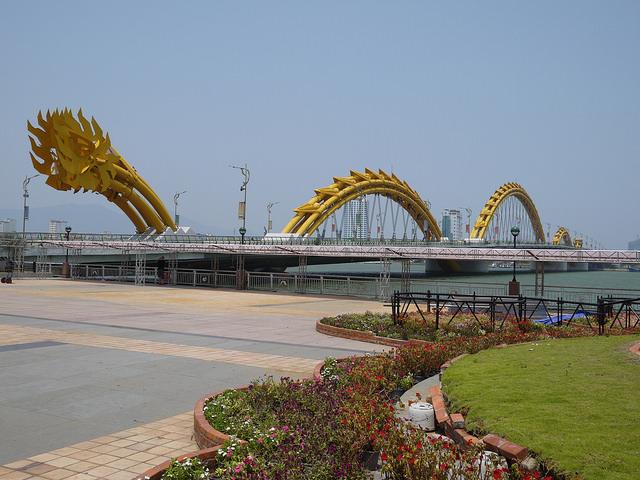
In the first week of his marathon Asia tour, Donald Trump has made state visits to Japan, South Korea and China. Knowing that he can be easily swayed by over-the-top hospitality, China has even billed it as a ‘state visit-plus’. Given the importance of these bilaterals, the white-hot tensions on the Korean peninsula and the crucial question of the tone and tenor of US–China relations, it can be easily overlooked that the initial reason for the president’s Asia trip was to take part in the regional summit season and, in particular, to attend the annual APEC leaders’ meeting.
Formally referred to as the Economic Leaders’ Summit (APEC has member economies not states to overcome the difficulties of Taipei and Hong Kong joining as separate entities in the early 1990s), the annual gathering has become a fixture of the diplomatic calendar. Indeed, even though it hasn’t really delivered much in the way of economic collaboration, its members still see attending an APEC summit as a useful expenditure of political leaders’ time. It regularly attracts a high level of participation that the other regional bodies can’t match. Crucially, it’s the only multilateral mechanism which the Chinese president attends.
What can we expect from the jamboree that was able to lure The Donald across the Pacific to the attractive coastal city of Da Nang?
For nine months or so, US policy on Asia seemed to be at best on autopilot and at worst suffering from neglect. Prior to the tour, the White House finally set out a vision for the region in which the US seeks to protect and promote a ‘free and open Indo-Pacific’. While not officially a continuation of Obama’s ‘pivot to Asia’, maintaining the prevailing regional strategic and economic order in the face of China’s rise is plainly Washington’s goal. The challenge at APEC is how to square the lofty rhetoric of an economically open region with Trump’s mercantilism.
Don’t expect any meaningful policy movement on that at APEC. Signalling is all that’s likely to be achieved. But even there, Trump’s limited understanding of the economics of international trade means that, despite Washington’s intent to use APEC to signal the constancy of its regional commitment, there are good prospects that the opposite will occur.
At the only other large diplomatic gathering, the G20 in Hamburg, Trump showed his inexperience and poor feel for multilateral meetings. The US appeared both literally and metaphorically isolated from the rest of the group, leading some to describe it as G19 + 1. APEC supporters fear a repeat performance from the US leader, who clearly doesn’t like having to be one among many leaders. That’s probably unlikely. Trump will be more experienced and will have come almost immediately from bilateral meetings with a number of other leaders. But it is a distinct risk that would damage both APEC and US leadership in the region.
Trump won’t be the only leader making his APEC debut; Korea’s president Moon Jae-in, New Zealand’s Jacinda Ardern, Taiwan’s Tsai Ing-wen and Hong Kong’s Carrie Lamb are all first-timers. Trump is also scheduled to have a range of bilateral meetings ‘on the sidelines’, including with Rodrigo Duterte and Malcolm Turnbull. This kind of diplomatic speed dating is one of APEC’s enduring points of appeal.
Yet Trump travels as a president under siege. Beset by historically low approval ratings and a special prosecutor who has just indicted his former campaign chairman, the contrast to Xi Jinping’s domestic political fortunes couldn’t be more stark. The general secretary of the Communist Party of China has buttressed his position atop Chinese politics and has laid out an ambitious vision for China’s global role at the 19th national party congress.
Xi Jinping will give a keynote address at the meeting and is expected to use it to reiterate China’s commitment to economic openness and a broader leadership position in the regional economy. While Xi won’t couch it in explicitly competitive terms, he’ll use APEC as another platform from which to project China’s alternative regional order. Asia’s multilateral mechanisms will be a forum for great-power competition. Even if it isn’t overt or heated, the contest will be in plain sight.
APEC was Trump’s main excuse for going to the region, yet the impression is that it, and the other multilaterals, aren’t a high priority for him. The forum may have been established to promote trade liberalisation, but its value is now as a diplomatic platform. On stage will be competing visions for Asia’s future. Trump’s belligerent rhetoric, poor strategy and prickly demeanour will stand in contrast to Xi’s carefully modulated tone, avuncular attitude and highly strategic outlook. APEC won’t be the place where Asia’s future will be definitively determined, but it will show us how the competition is going.